Dedicated Servers: Making a case for bare metal cloud
Cloud computing is here to stay. The benefits of it is almost immeasurable. The cost saving with scalable, on-demand infrastructure is very clear. However, if there’s one thing that can quickly ruin your IT budget, it’s the (sometimes) outrageous data egress and API fees. Yes – it might be cheaper to run your infrastructure in the cloud, but you not only pay to have it there, you also pay to access it. And if you move a lot of data each month, this could mean significant cost. This is where the case is being made for bare metal cloud. More companies are turning to dedicated server hardware or bare metal cloud as their digital infrastructure solution. With bare metal cloud you get improved reliability, more processing power (compared to for example a EC2 instance) and more customization options. The potential of thousands of dollars in egress & api savings makes it clear that bare metal cloud offers the best of both options: the convenience of cloud, with the reliability of dedicated hardware.
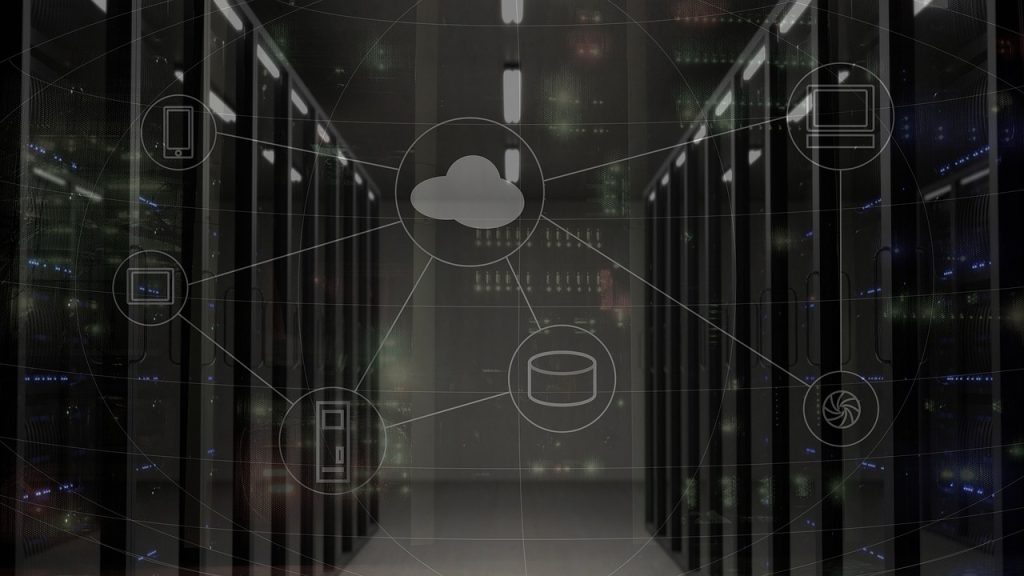
Public & private cloud vs Bare metal cloud
Before we try to understand the cost and performance benefits offered by bare metal cloud, we first need to understand the differences between public, private, and bare metal cloud operating on dedicated server hardware.
Bare metal offers the best of both worlds: cloud-like convenience plus the dependability of dedicated hardware.
Public Cloud
When we think of ‘the cloud’ we think of the public cloud. It is a decentralized infrastructure solution that uses public internet lines to move and store data. With the emphasis on scalability and convenience, it allows for easy access of crucial data and allows for highly collaborative work environments across vast distances. Users can access and edit an organization’s data, and critical platforms and applications are always available regardless of a user’s location.
With all it’s many immediate advantages, anyone who relies on it will also tell you it has disadvantages. Security, long term cost and even performance all have to be factored in to the final picture. And especially around security, the cost can be quite high. The cost of a ransomware attack payment can be anywhere from $10 000 to over $1 000 000.
Companies like AWS and Azure took the shared hosting model and built it to scale. Utilizing massive, hyperscale data centers, they built their cloud infrastructure over networks of thousands of interconnected servers. These servers act as pooled resources which then get partitioned into virtual machines, databases, etc and are sold to clients as cloud instances of the service on offer. These VM’s are allocated only a fraction of the actual servers that power them, their performance is very limited. Of course, the whole selling point of the cloud is the ability to scale up as needed, however you are stlll only allocated a fraction of the actual available resources. And as your cloud solution grows, so does the cost of transferring your data to and from the cloud.
It is due to this rising cost that many businesses are seeking out alternatives to the public cloud, with many of them realizing they are stuck in the public cloud. The risk of becoming vendor-locked by using a cloud provider’s proprietary software and services, is quite big. This can in return make it costly to switch to another cloud provider, taking away the freedom to leave. The net result is a lot of businesses finding themselves forces to stay in the cloud, even as it becomes increasingly more expensive.
Private Cloud
For a lot of organizations the alternative to public cloud is creating a private cloud solution. As with public cloud, a private cloud consists of a network of interconnected dedicated servers that share / pool resources. The difference here however is that instead of using the public internet to access this cloud, the private cloud is linked into the organization’s internal network. Private clouds are operated independently and for the exclusive use of the organization that owns it. In a lot of cases, you will even find parts of a private cloud network that is air-gapped to prevent internet access. This type of DMZ setup is usually reserved for business critical systems that need to be secured from outside interference or risk. This highlights the security and control benefits that comes with a private cloud.
There are several drawbacks to building a private cloud, most notably the cost involved. The cost of building a private cloud from the ground up can be the financial equivalent of building your own data center. Not all companies can afford this capital layout. Managing a private cloud also requires a higher degree of technical skill, and the organizations IT department will need to employed the necessary skilled employees to manage the private cloud and keep it secure. This is an important cost consideration to keep in mind when planning your private cloud.
Bare Metal Cloud
At its core, a bare metal cloud is a hosting solution powered by dedicated server hardware. Dedicated servers have their own RAM and CPU and as you are on a single-tenant solution, you have access to all the hardware. This gives you a more powerful and customizable solution than when using public cloud. You can choose your operating system, modify and customize it to your liking and install whichever apps you require. And you have all the resources on the server available to your needs.
Dedicated servers offer users a more powerful, stable, and customizable solution than the public cloud.
This means no more bottlenecks due to applications using up the cloud instance resources. Need 100% of your system’s RAM for a resource-intensive application? Want to emphasize system efficiency for running processes seamlessly? Storing large volumes of private customer payment information? Owning the entire server gives you control over all of this, and more.
But what do these advantages really look like?
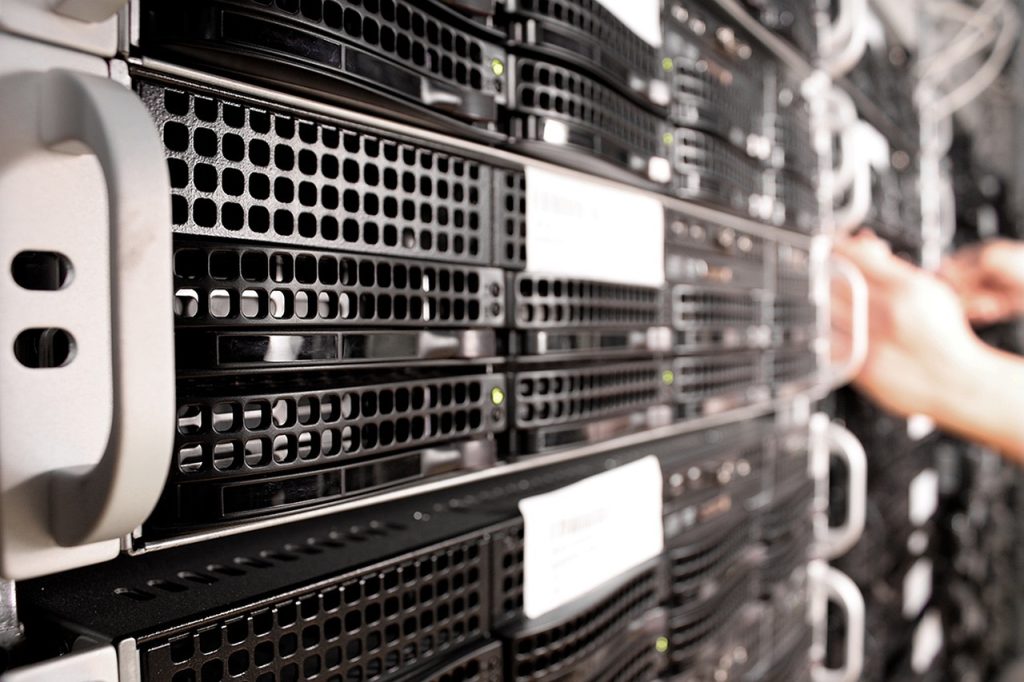
The Benefits of Bare Metal Hardware
Increased Power
The most immediate benefit would be a significant increase in processor power. Where a public cloud compute instance only gives you fractional CPU usage, dedicated hardware gives you access to all of the CPU. When it comes to CPU-intensive processes, the increased processing power is the most significant benefit.
Reliability
Reliability in the case of bare metal hardware is two-fold
- Reliability in knowing that your application / website / platform will run continuously run as intended, as you have 100% control over the available resources. Unlike a multi-user environment, administrators can build and tune their systems to focused resource usage.
- Reliability in knowing your system is online, running and supported by a world-class network and industry veterans who manage your bare metal cloud.
Security
When you control the hardware, you control the security. This makes it easier for you to comply to industry regulations (like HIPAA or PCI compliance) as you decide what forms of firewalls, security software and encryption is used on your system. This gives you more control over what traffic is allowed in/out of your bare metal cloud.
Flexibility
If you consider that ‘the cloud’ loosely translated means ‘someone else’s computer’ then it is easy to understand that anything you can do in the cloud, you can do on your own server hardware. Managing your own hardware gives you so much more options than using public cloud. It gives your system administrators to build the environment to your specific needs, which include using their preferred operating systems, software stacks and settings.
A good example of this would be the ability to choose Proxmox over VMWare when building a hypervisor, for instance. Or mixing VM’s and containers on the same server. Since you control the hardware, you control how it is utilized.
Affordability
Here’s where every cloud provider likes to use the opposition as an example of who is more expensive. The truth is that with private cloud, you have very high hardware investment, whereas with public cloud you have none of that initial capital outlay. However, the hidden costs (egress/api) associated with public cloud can’t always be predicted accurately. And this makes it a risky proposition if you have a big organization with a lot of data that moves around.
Who should switch to bare metal cloud?
The biggest potential for saving would be with companies who use or produce resource-intensive software platforms. This is especially true of those organizations within the Infrastructure as a Solution (IaaS) and Software as a Solution (SaaS) spaces. For these companies, the bandwidth, CPU and memory costs of running their services through public cloud can accumulate very quickly. For them, switching to bare metal cloud will have the greatest potential for savings.
It is not just limited to these industries, however. Companies that provide streaming services, host gaming servers or any function or service that needs a lot of bandwidth will benefit in switching over.
Where to from here?
We are glad you asked.
Our friends at ServerFarm has great deals on dedicated servers at the moment. Their motto is “We give you the tools. You build your cloud.” and they are perfectly geared up for handling your Bare Metal Cloud needs. Every one of their dedicated servers is backed up by a 99.9 percent uptime service-level agreement and is set up for you for free.


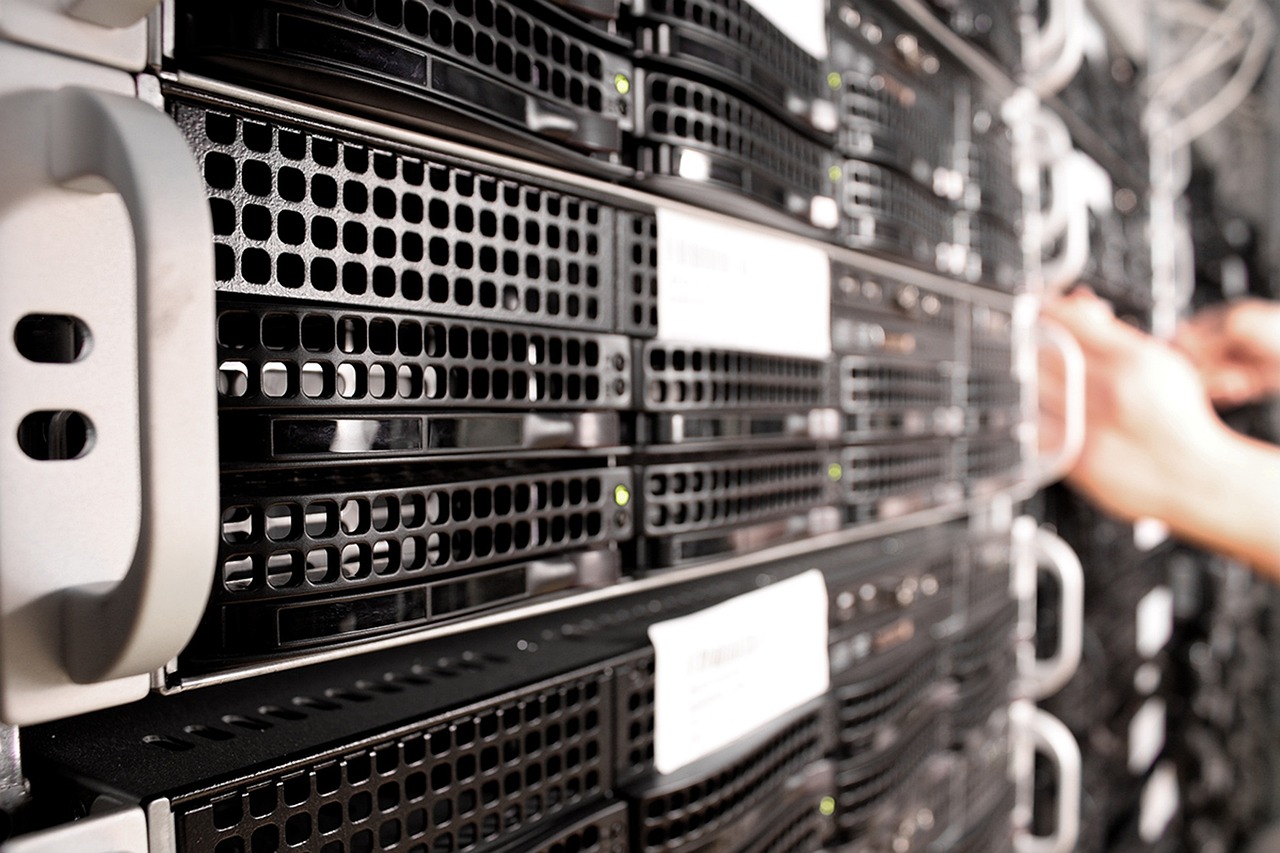

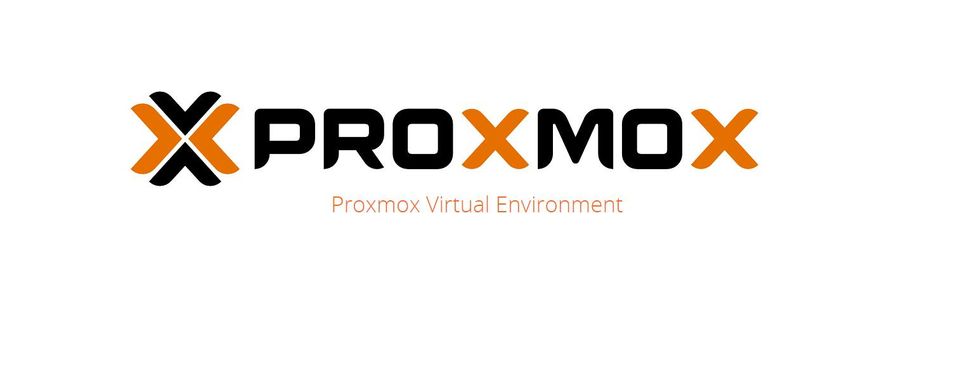
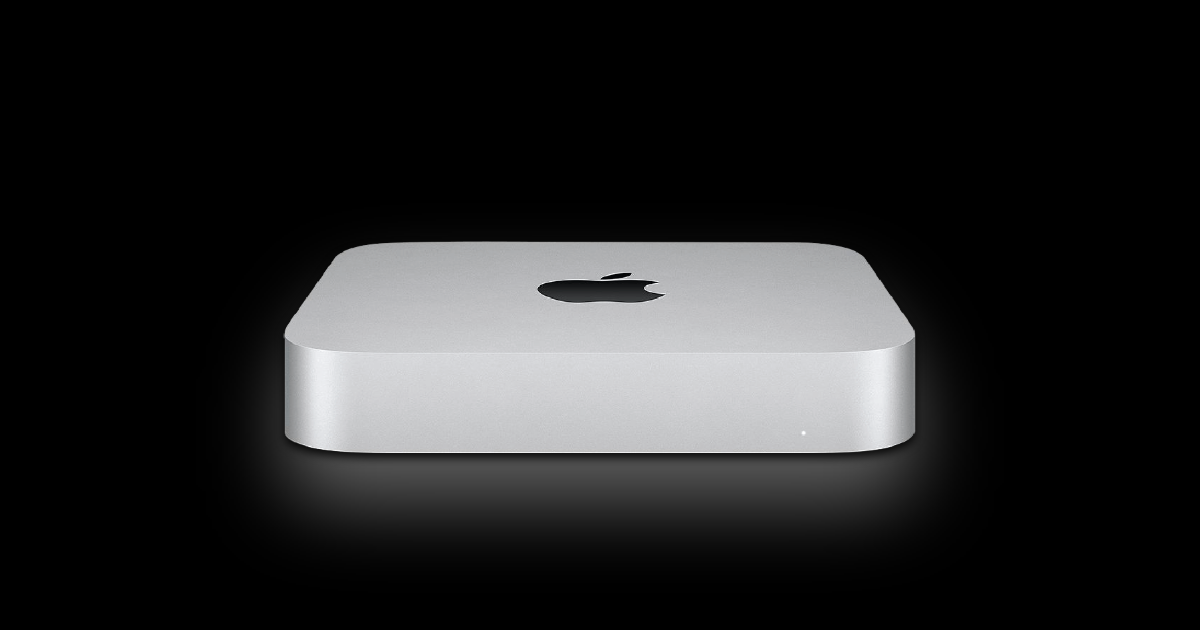

Pingback: How to build a cloud with open source - Sleuth Technical